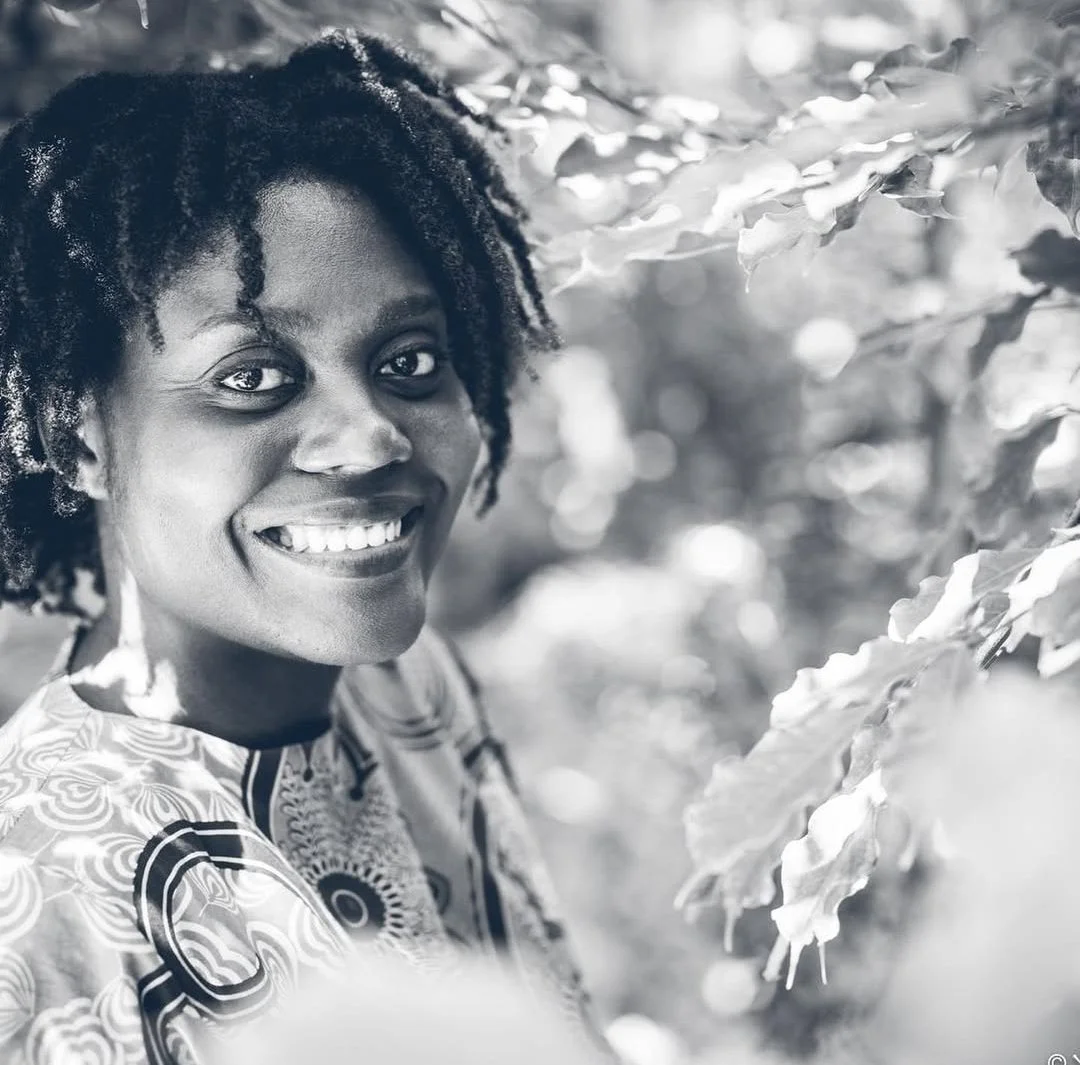Miwa
Yon Devwa Memwa | A Memory Project.
Directed by Lunise Cerin

Logline
Miwa is an observational documentary following the Haitian people’s values and their persistence across borders and across language.
Synopsis
In this film, we observe the transmission and preservation of Haitian tradition through vignettes, stories, recipes, dance, and poetry. We followed five keepers of Haitian tradition in Haiti: Man Zo a Fanm Chay, a traditional birth worker/doula; Manbo Vivianne a Vodou priestess; Gabrielle Aurelle a konbitè, a woman who has started a farm and a nonprofit organization dedicated to building up her community through economic literacy and education; Adilène a Machann Fèy, or herbalist; and Anaïse a dancer, Vodou practitioner and cultural worker.
In Philadelphia, we followed the daughter of the diaspora— five women who were born and raised in the United States but carry their Haitian identity with pride. Melissa Beauvery, a poet and mother raised in the Vodou tradition; Mercelyne Latortue, a chef and Herbalist; Tish Golafaie, a farmer and painter; Naomieh Jovn, a photographer; and my own family. Together, we discussed memories of our upbringings in this foreign land, as well as our attachment to our culture and values. And how they bring these traditions into their practices and community.

Director’s Statement
I have been working in film for 12 years and as a documentary editor and story producer for the last 8 years. In my documentary work, I have had the privilege of sharing stories of Haitian resistance, Haitian Activism, of holding and amplifying the voices of the Haitian people as they grieve and dream of a better tomorrow. But I yearn for a film that acknowledges the pride, that sings of Haiti's beauty that persists even in the face of all of this hardship and grief. I have also lived much of my life in Philadelphia, disconnected from the land. Despite that separation, my heart beats for my people, and all the work I do is aimed at honoring my heritage. In my directorial debut film, I chose to use my camera to celebrate Haiti, ensuring that I added a film to my resume that focuses on Haiti's beauty and bounty, rather than just her tears.
As an editor, I am often parsing through hours and hours of talking-head interviews, where experts share facts and figures about the island's history. In this film, I wanted to do the exact opposite. I wanted to simply follow these women in their practices and listen to the stories of their childhood. I once spoke to a friend who is also a Haitian Documentary filmmaker, and we were lamenting about how the documentary form isn't meant for a Haitian audience because we aren't prone to sit and listen to lectures unless they're coming from a pulpit. So I thought about what Haitians engage with and readily give their attention to. We have a rich oral history tradition, music is at the core of any and every activity. We love poetry, dance, and cuisine. All of these elements are what I am using to weave this document together.
Miwa is more than just a film; it is what we call in "Devwa Memwa," or "Memory Work" our duty. It is the responsibility we have to remember, to document, our past, our history, and our traditions. As a Haitian living and evolving my practice outside of Haiti, it was also important for me to include my own community in Philadelphia in this film. Turning my camera on the Haitian American community here, to join me in remembering and celebrating our hertiage. Haiti has a complicated relationship with its children born abroad. Often, the instinct is not to even recognize them as part of the Haitian community. I make it my mission to combat narratives of erasure within our community. Haiti will need all of its children to get back on its feet, and this is a rallying cry for them to join us on this journey.
-

Lunise Cerin
Director/Editor/Producer
-

Leonica Pierre-Mainthus
Producer
-

Mélodie Cerin
Producer
-
Cinematographers
-

Talie
Composer
